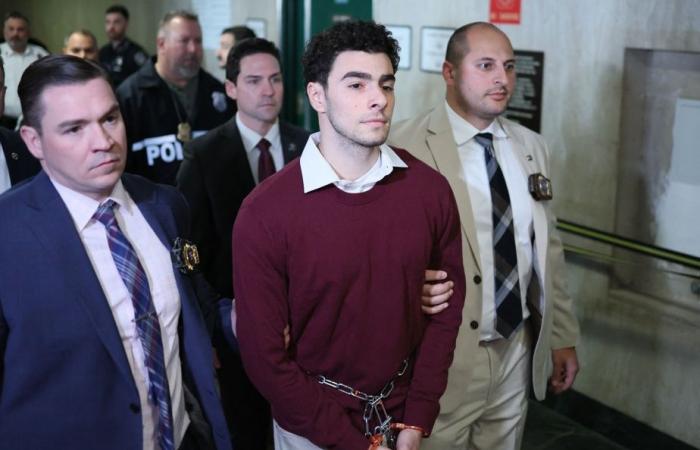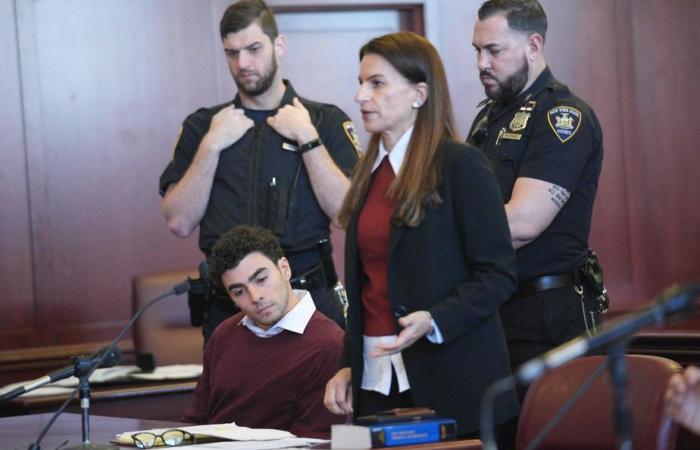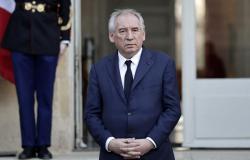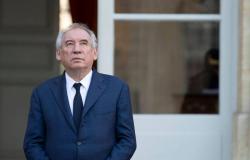(New York) Luigi Mangione, suspected of having assassinated an American health insurance boss to take revenge against this sector, pleaded not guilty Monday to charges of murder as a “terrorist” act in court New Yorker.
Posted at 9:51 a.m.
Updated at 10:16 a.m.
Andréa BAMBINO
Agence France-Presse
“Not guilty,” pronounced the 26-year-old young man, who entered the courtroom of the New York criminal court escorted by several police officers, his hands handcuffed and restrained by a metal chain around the waist.
Luigi Mangione is accused of fatally shooting Brian Thompson, the CEO of the country's largest private health insurer, UnitedHealthcare, on December 4 in New York.
The engineering graduate, a brilliant former student from a wealthy Baltimore family, appeared calm during the brief hearing.
Last week, he already appeared for the same facts but as part of a separate procedure before the federal courts, which also initiated proceedings.
Weapon and manuscript
In New York State justice, Luigi Mangione was indicted by a grand jury – a panel of citizens with investigative powers – on 11 counts, including murder as a “terrorist” act. “.
PHOTO CURTIS MEANS, AGENCE FRANCE-PRESSE
Luigi Mangione and lawyers Karen Friedman Agnifilo
As of December 4, the images captured by video surveillance of the killer coldly holding his silenced weapon and shooting the 50-year-old boss on a sidewalk in the Manhattan business district had gone around the world. The suspect managed to flee and leave New York.
Five days later, Luigi Mangione was recognized and arrested at a McDonald's in Altoona, a small rural town about 300 miles west of New York, Pennsylvania. Many elements implicate him in the murder: his fingerprints were found near the crime scene, as were cartridge cases corresponding to the weapon, including certain elements made using a 3D printer, found on him .
In his belongings, the police also found a three-page handwritten text targeting the health insurance sector.
If the targeted assassination of the boss of the country's first private health insurer, at the foot of the skyscrapers of New York, caused a shock, it also provoked a deluge of hateful comments on social networks against the programs of American health insurance, illustrating deep anger towards a system accused of prioritizing profit over care.







